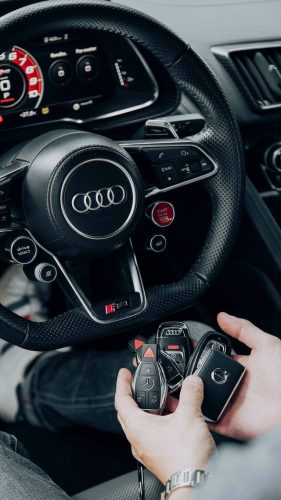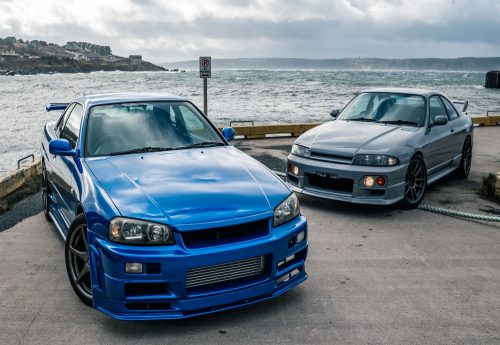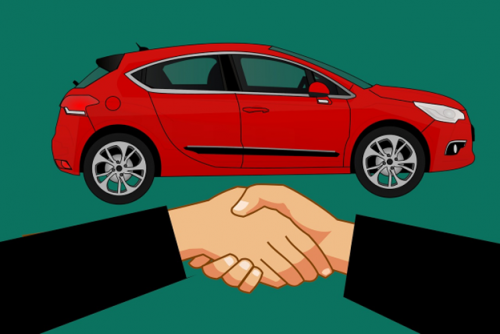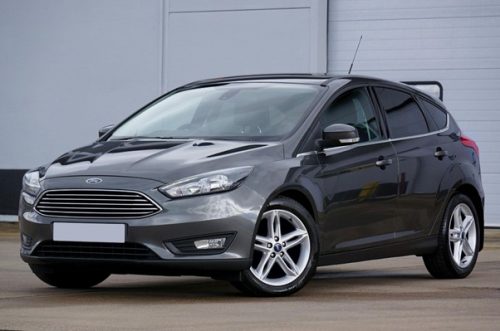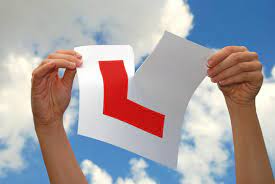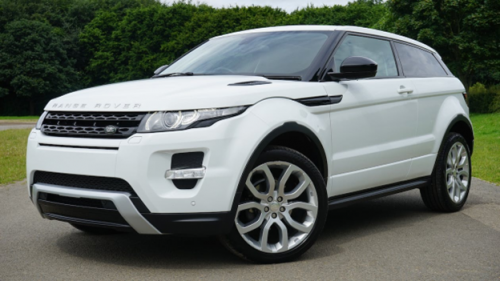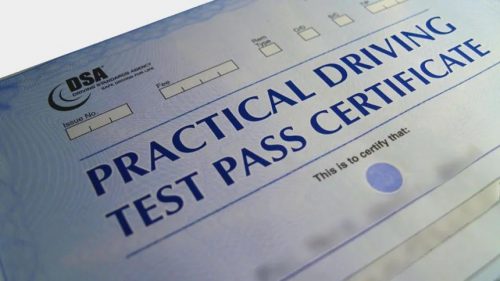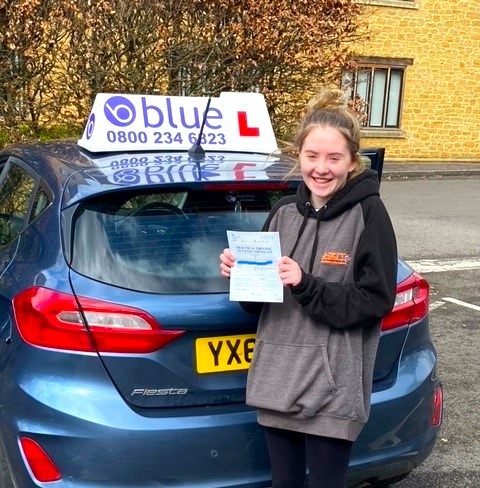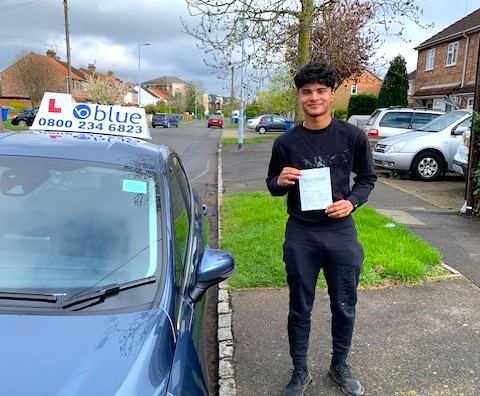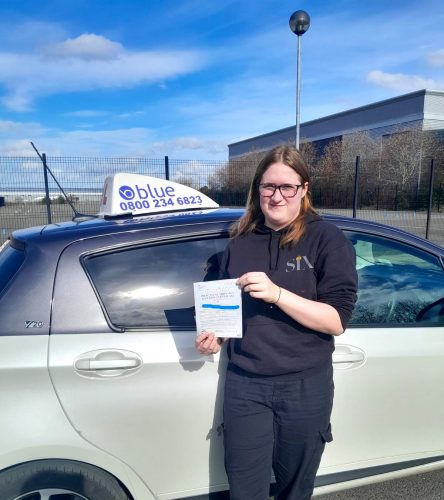
Why Is Being A Teen Driver More Dangerous?
Posted in: Car Insurance, Driving Courses, Driving Tips, News.

Image via Pexels
The stats, and the insurance costs, speak for themselves. Being on the roads as a teenage driver is much more dangerous than at any other time in your driving career. Teen drivers are far more likely to be in a crash than those who are older, so when you’re beginning to drive on your own, it only makes sense to be cautious. Making your time on the road as safe as possible for you and other drivers and ensuring that you don’t become another accident statistic is important. So what can young drivers do to help themselves and minimise the risk?
Keep Your Car Prepared
When you first pass your test, and have the opportunity to go out on the road by yourself, the sense of freedom can be intoxicating. You want to show your friends what you’ve learned and how grown up you are making plans for road trips and adventures together.
Preparation is key when it comes to safety. As many young drivers start off either borrowing someone else’s car, or by buying a used car, it’s important not to forget about performing basic safety checks on your vehicle before any trip. If the car isn’t usually driven by you, be sure to fully adjust the mirrors and seat position – you need to make sure you can see hazards perfectly, especially when you may have a slower reaction time than more experienced drivers.
Next, make sure your car is in good condition before any road trips – check the tyres over for wear and tear and air pressure, and consider if you need to replace with Michelin tyres for better grip. Check and top up your engine oil, coolant and screenwash levels before setting off. It’s all about getting the basics right, but you’d be surprised how often these get forgotten about when they can make all the difference.
Make A First Aid Kit
No one likes to think of a bad situation occurring, but the fact is that accidents can and do happen – especially to inexperienced drivers. It’s always best to be prepared by packing a small first-aid kit in your glove box for any roadside emergency. Include items such as disposable gloves, antiseptic spray, tweezers, adhesive dressings, sterile eyewash solution and hand sanitizer. If you’re planning a longer journey or a road trip, it might also be wise to take some medicines.
Include any medication you normally take on a daily basis as a back-up, in case you get stranded somewhere without access to your usual supply. Then add in painkillers like ibuprofen to deal with minor discomfort and pain, antihistamines and calamine lotion. Store your items in a waterproof box such as a small plastic lunch box or a resealable waterproof pouch. That way minor ailments don’t have to derail your trip.
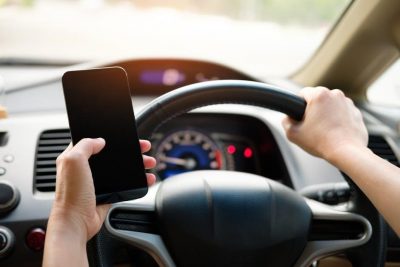
Stay Off Social Media
Tempting as it may be to document your trip on Instagram or keep your Snapchat followers updated, social media and driving don’t mix at all. A status update is never worth your life, or the lives of others. The trouble with having constant connectivity via our phones and tablets is that the boundaries can get blurred. More young drivers than ever are using smartphones behind the wheel, with 26 per cent of respondents in a recent US survey admitting to accessing the Internet on a device while driving. Distracted driving is a massive and constant danger. People wrongly have the perception that they can focus on two things at once, but that simply isn’t true when it comes to driving, where the dangers are constantly shifting.
Not only is using your phone while driving incredibly stupid and needless, but it’s also illegal in most locations. Don’t even make an exception if you’re stopped at a red light – most in city accidents occur at crossroads and red lights and are due to driver decision errors. If you can’t trust yourself, try a social media blocker app. Make a habit of putting your phone into the glove box while you’re driving and keep it there until you exit the car.
Avoid Emotional Driving
There’s no denying that teenagers tend to be more affected by their emotional state, and when it comes to driving this can actually be a little-known hazard. Many people use driving as a process to remove themselves from negative situations and clear their thoughts.
However, you should definitely think twice about getting behind the wheel when your emotions are running high. Being distracted while driving isn’t simply about texting or eating. Feeling very upset or angry can also be highly distracting when your focus should be on the road and controlling your vehicle. At extremes of anger and upset, your concentration can be as impaired as anyone who has been drinking. If you feel you may be at risk of jumping behind the wheel in an emotional state, stop and take a few deep breaths or try some stress-reducing breathing techniques before you drive away. If those aren’t working, you need to take a break. Pull off the road safely and bring the vehicle to a complete stop and try to go for a short walk or go and get a drink of coffee or water.
Try putting on some music that you find soothing, but avoid music that might feed into your emotional state – you want something which can help you to feel calm and focused. Try distraction – forcing yourself to think about something else until you are safely out of the car. You could even try the visualisation technique of placing your worries and negative emotions into a box and picture placing it on a shelf to look at later. If there is another driver who can safely take over, it’s a good idea to ask them to do so while you have a chance to calm down. If that’s not an option, try to drive a little slower than you usually would, and focus on not letting your emotional state cloud your judgement.
Don’t Drive When Tired
Life can be quite exhausting as a teen – with study, activities like sports, maybe a part-time job and just starting to have an active nightlife, things can all add up to feeling very tired – especially when the brain developments which rapidly occur in your teen years are taken into account. Drowsy driving is a really bad idea, because even micro-lapses in concentration can cause serious accidents.
If you’re travelling at 65 miles per hour, and you lose focus even for just a few seconds, you will have travelled the length of a football pitch – and it’s very possible to doze off without fully realising it. If you have a long drive planned, it is absolutely essential to plan in rest stops and also to get a good night’s sleep before the drive – seven to nine hours.
You should stop driving around every two hours, as this is where concentration starts to wane, so check out what service stations there are along the way. Allow plenty of time to get to your destination so that you don’t feel rushed, as this will make you more likely to skip a break and will put you at far greater risk of an accident. Try not to drive late at night – not only are the roads harder to navigate if you don’t have much driving experience, but your brain is naturally sleeper and less alert.
If you’re really struggling, get help from the radio – find a station that is playing something engaging that will switch your brain back on, wind down the window a bit to get some fresh air, and try a caffeinated beverage such as a coffee or an energy drink to give you a jolt. These are only short-term solutions, so if you have a way to go, it would be better to exit the road, park somewhere safe and try to take a short nap in the back seat.
Driving should be a fun experience as you gain more confidence and start to explore, but taking a few easy steps to minimise your chances of being involved in an accident is common sense and will give you the peace of mind to relax and enjoy the ride.
Tags: Why Is Being A Teen Driver More Dangerous?






